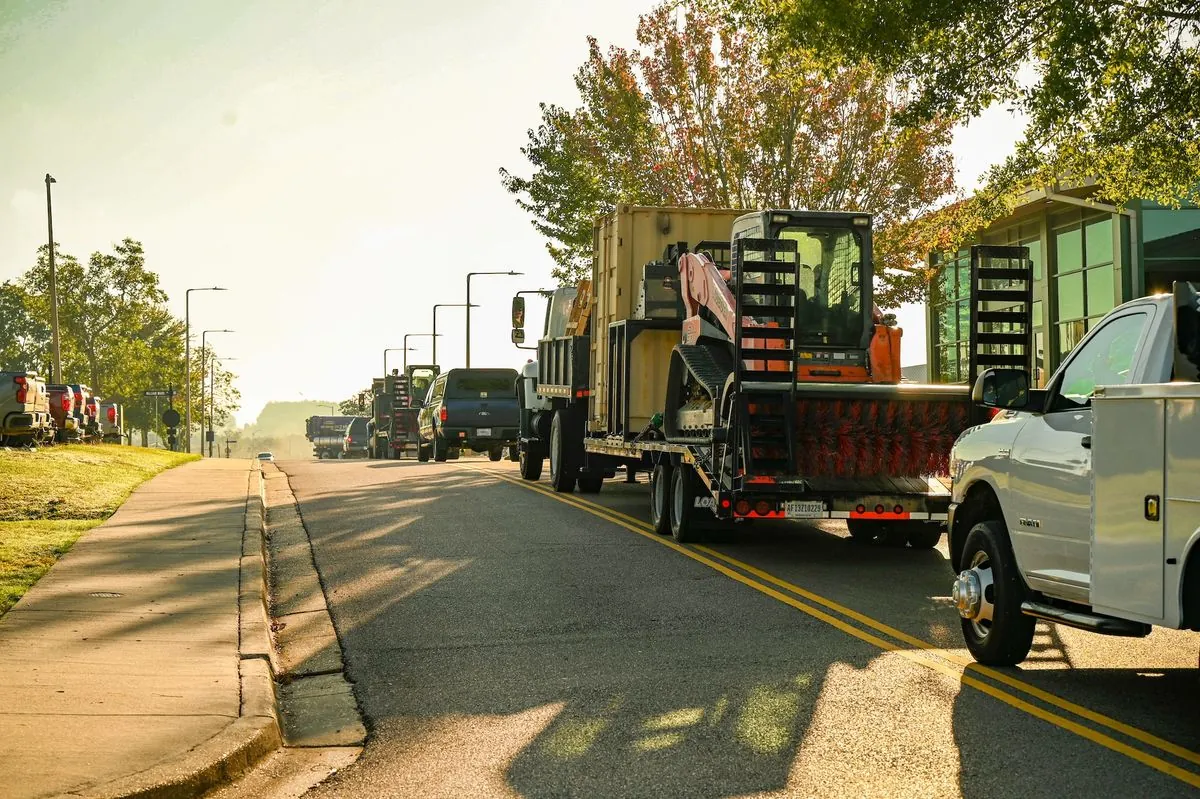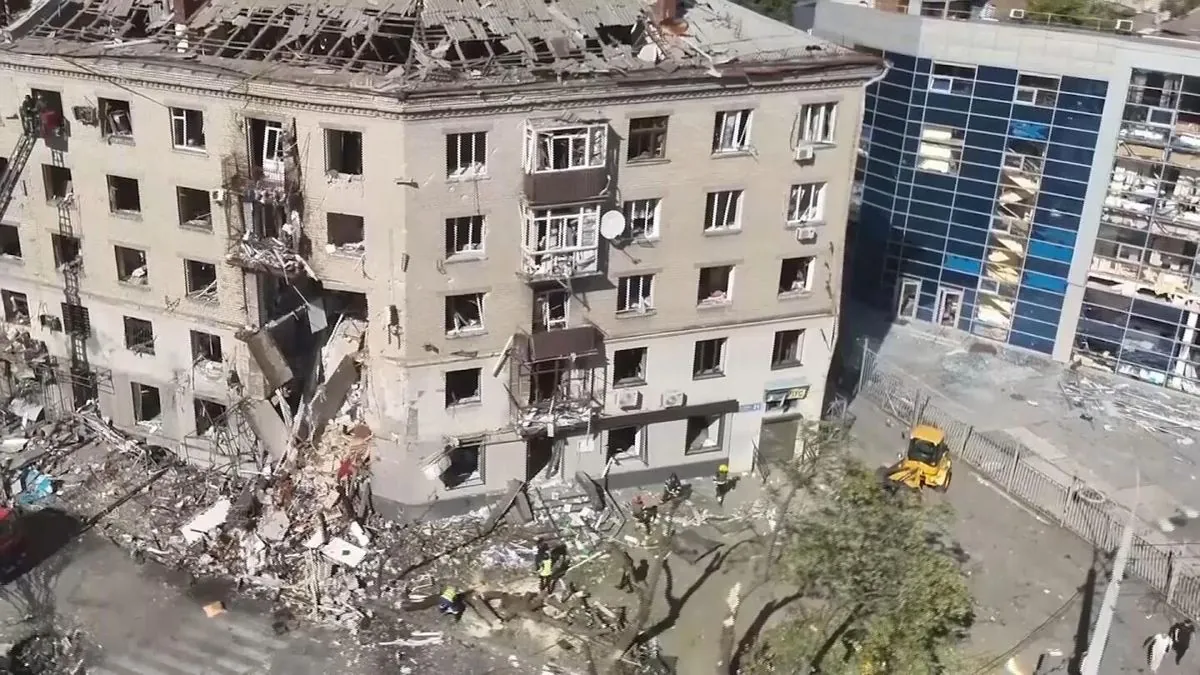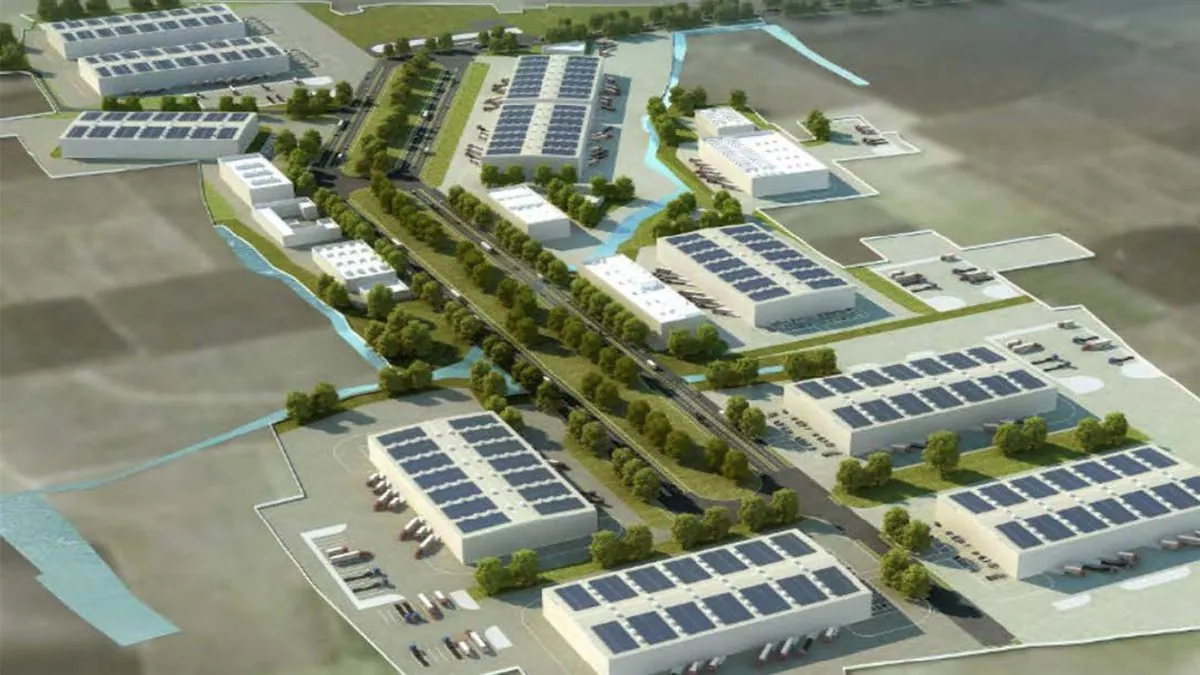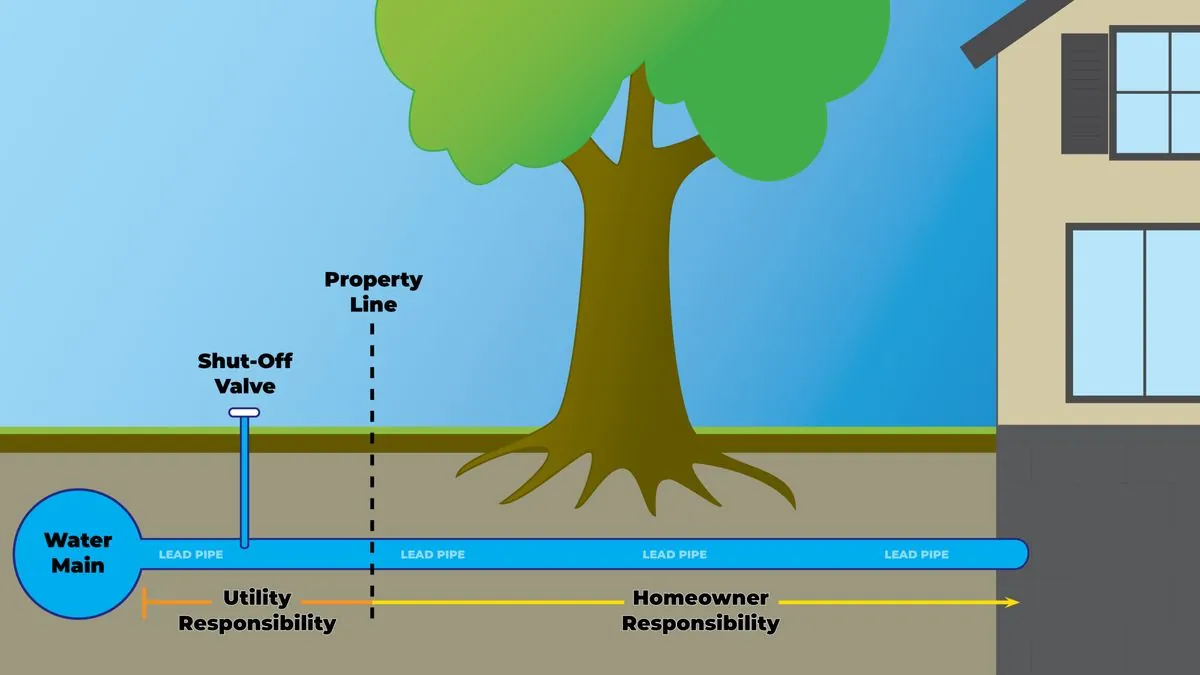Trump's Disaster Misinformation: A Pattern of Politicizing Natural Calamities
Former President Trump's history of spreading misinformation about natural disasters continues with recent claims about Hurricane Helene. Experts warn of the dangers in politicizing disaster response.

Former President Donald Trump has a documented history of disseminating inaccurate information regarding natural disasters, a pattern that continues to this day. This approach has raised concerns among experts about the potential dangers of politicizing disaster response efforts.
Throughout his presidency and now as a candidate, Trump has consistently made false or misleading statements about various natural calamities. For instance, he incorrectly suggested that "cleaning" forests would prevent California wildfires, a claim that scientists have debunked. The National Weather Service, established in 1870, has had to correct his statements on multiple occasions.
One of the most notable incidents occurred in 2019 when Trump displayed a doctored hurricane map altered with a marker to support his erroneous claim about Hurricane Dorian's path. This action led to an investigation by the Commerce Department's inspector general, which found that the White House had pressured the National Oceanic and Atmospheric Administration (NOAA), established in 1970, to back Trump's claims.
In recent weeks, Trump has turned his attention to Hurricane Helene, making unfounded accusations about the Biden administration's response. He falsely claimed that the administration couldn't adequately address the disaster due to using funds for migrants. This statement was fact-checked and found to be untrue.
Trump's approach stands in stark contrast to previous administrations. Historically, natural disasters were seen as opportunities for bipartisan cooperation. For example, in 2012, Republican Governor Chris Christie warmly greeted President Barack Obama after Superstorm Sandy. The Federal Emergency Management Agency (FEMA), created in 1979, typically operates without political interference.
Experts in disaster management emphasize the importance of accurate information during crises. Tim Frazier, faculty director of Georgetown University's emergency and disaster management program, stated:
"Getting politics out of disasters and emergency management is really critical. It's dangerous, it doesn't help, and it certainly makes the job of our disaster responders, our first responders, more difficult."
Trump's past actions regarding disaster aid have also been controversial. In 2017, his administration reportedly moved faster to help hurricane victims in Texas than in Puerto Rico. In 2018, he initially hesitated to approve disaster aid for California until informed that Republican-leaning areas were affected. The Stafford Disaster Relief and Emergency Assistance Act, enacted in 1988, is designed to ensure equitable disaster response regardless of political affiliation.
The former president's misunderstandings about wildfires and climate change have been particularly problematic. He has suggested that California wasn't using enough water to fight fires and incorrectly blamed forest management for wildfires. Scientists have repeatedly refuted these claims, pointing out that they demonstrate a fundamental misunderstanding of fire behavior and suppression techniques.
As Hurricane Milton approaches Florida, where Trump resides, the politicization of disaster response continues. The Biden administration, including Vice President Kamala Harris, has pushed back against Trump's claims, emphasizing the need for a unified, non-partisan approach to disaster management.

The impact of Trump's approach on disaster response and politics remains to be seen. However, it's clear that his statements have added a layer of complexity to an already challenging field. As the U.S. faces an average of 7 hurricanes per year since 1851, the need for clear, accurate communication and coordinated response efforts has never been more critical.


































